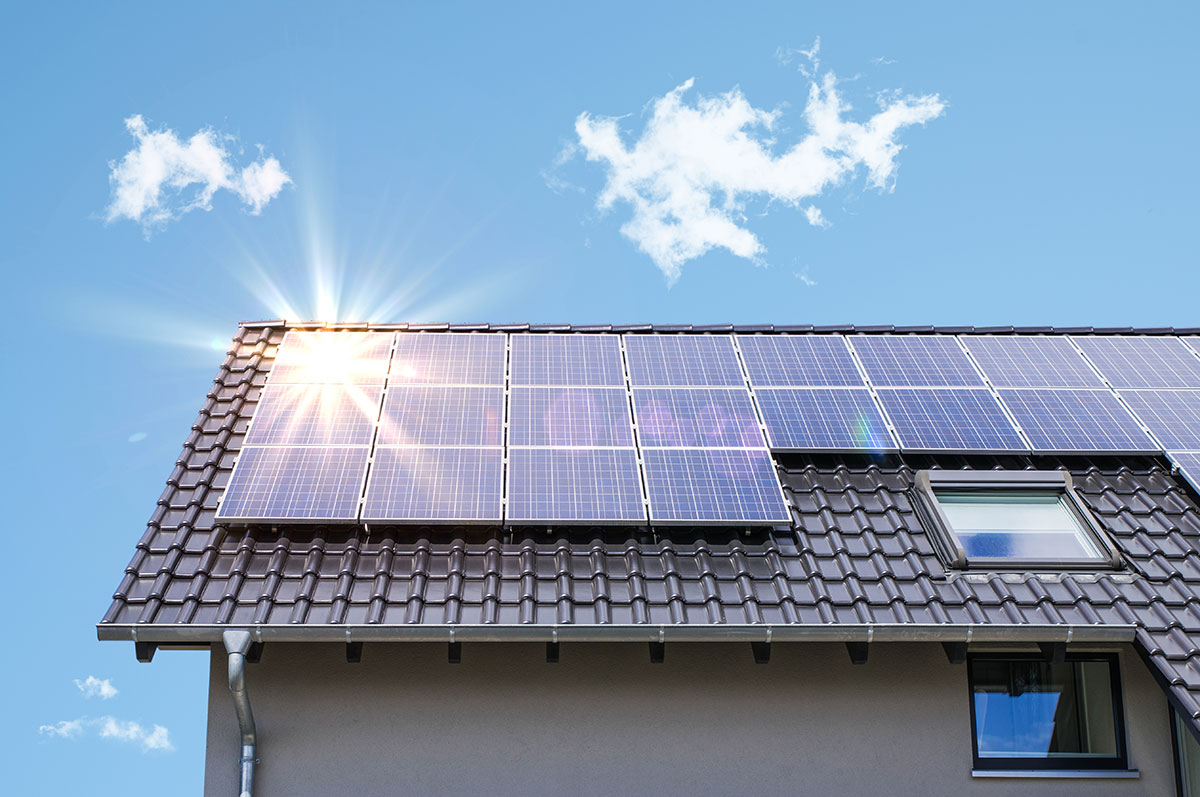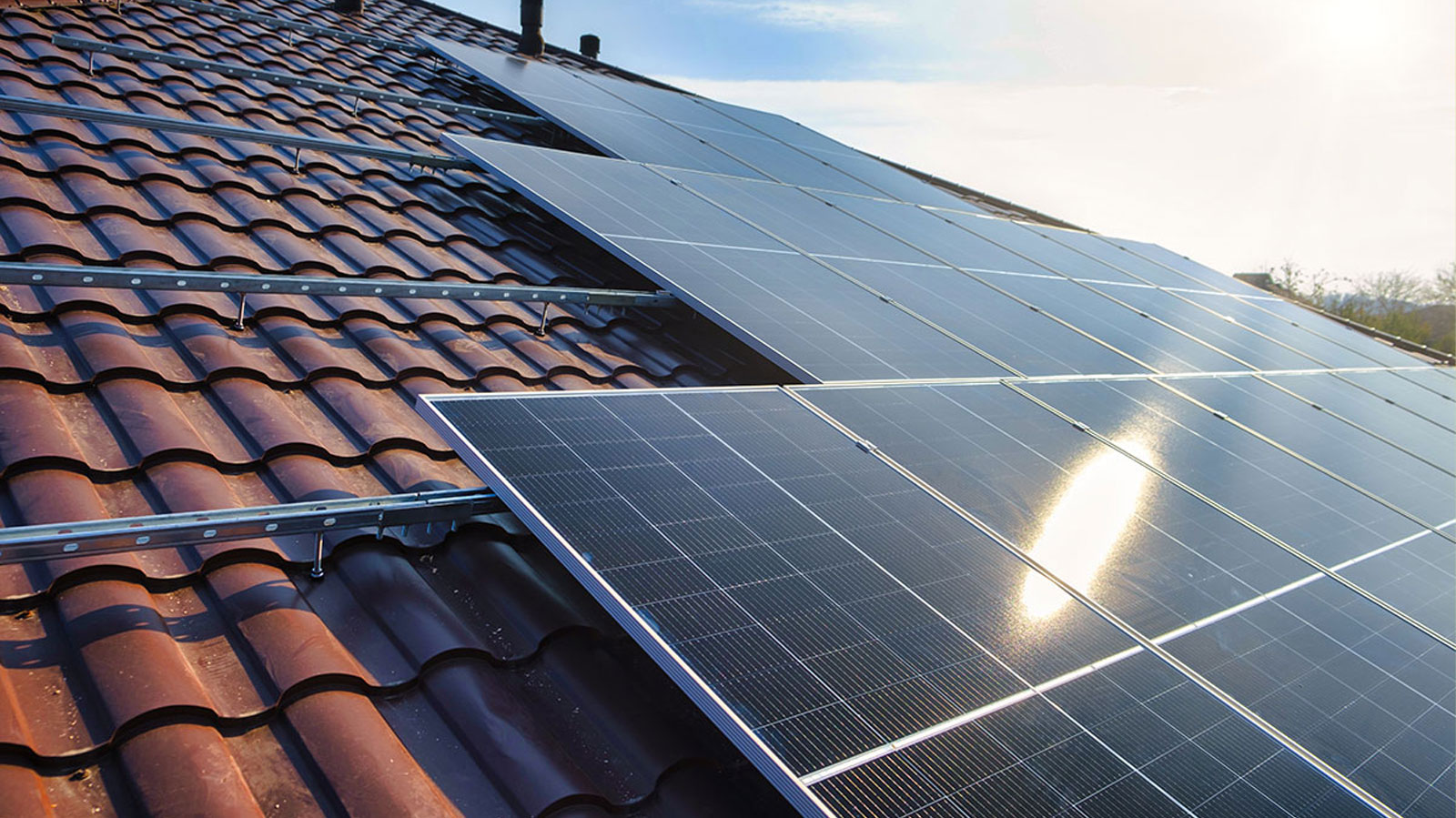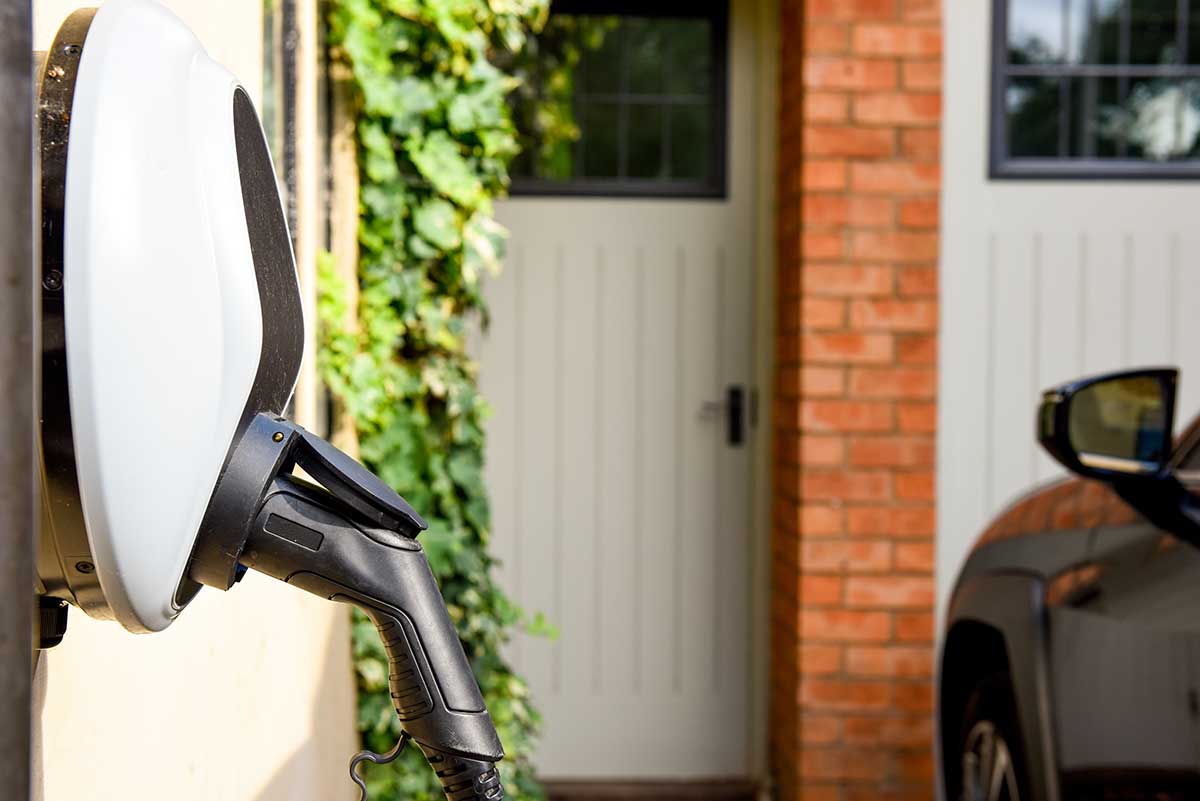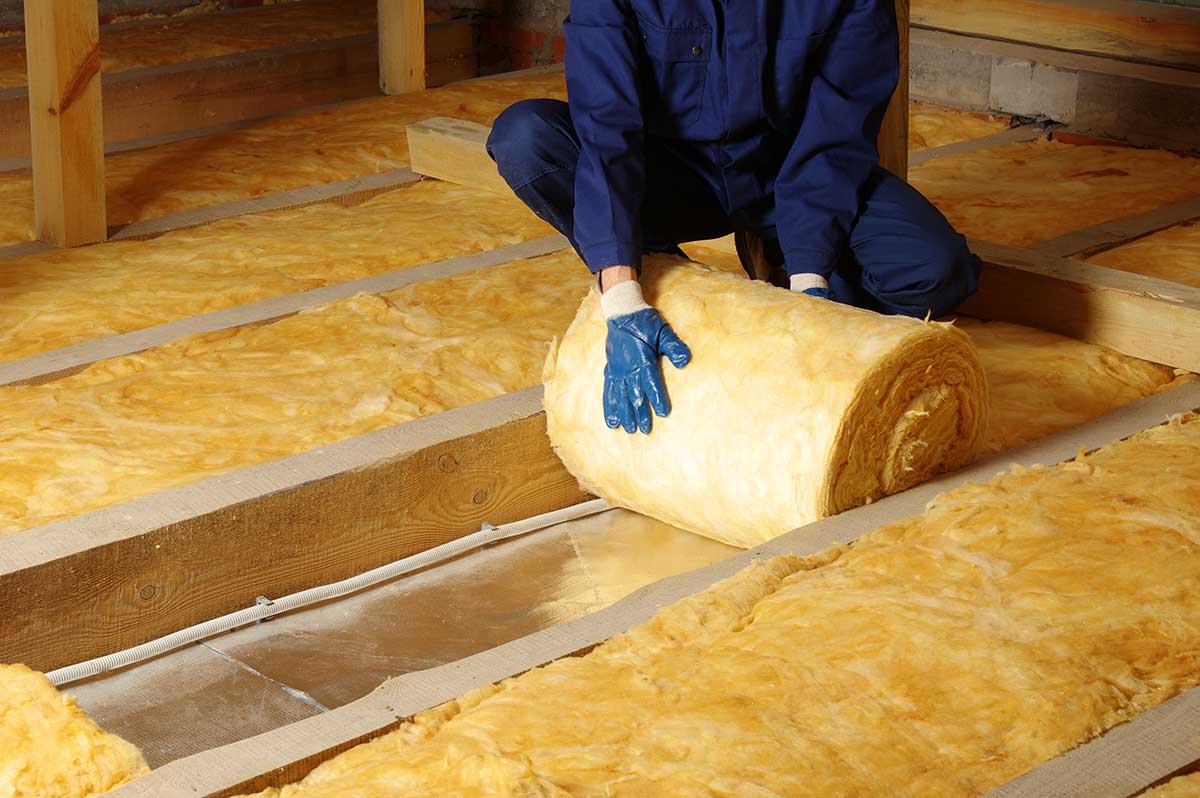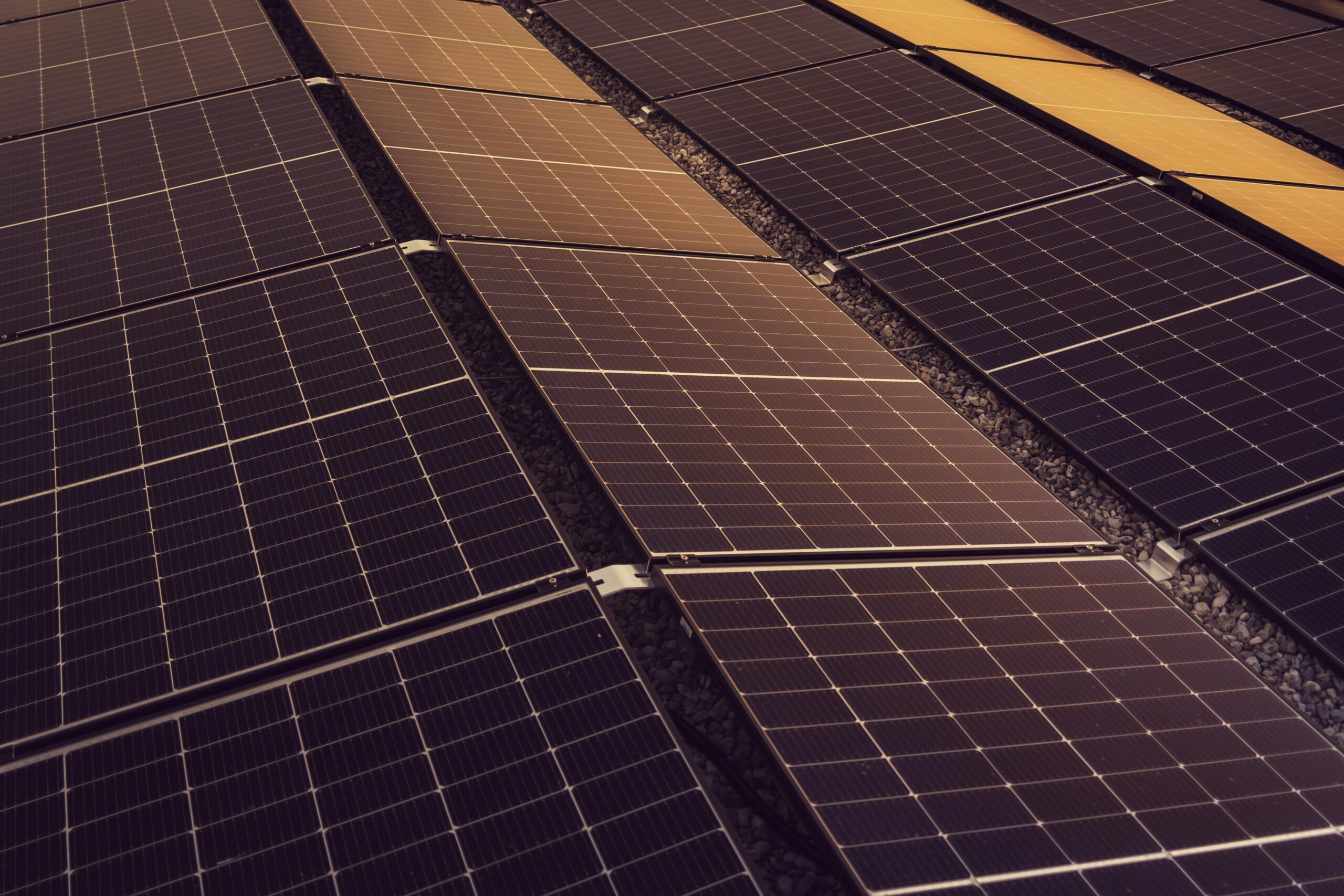
New Support Scheme to benefit Small-Scale Solar Power Producers

Written by
Briain Kelly
Last edited
27/07/2024
Smaller scale solar producers such as community groups and businesses are set to receive greater financial incentives under new government plans.
The second phase of the Small-Scale Renewable Electricity Support Scheme (SRESS) offers more lucrative export prices for solar and wind energy schemes between 50kW and 6MW.
This is the third leg of government support for solar energy projects exporting power to the grid, sitting between the Microgeneration Support Scheme (residential scale) and the Renewable Electricity Support Scheme (utility scale).
Fixed tariffs will be set for community groups and SMEs exporting solar and wind power to the grid under the SRESS across six categories, three for community groups and three for SMEs.
The government has said that grid scale community solar projects will receive the greatest support under the scheme, with a fixed tariff which will be 20% higher than what they received in the most recent RESS auction in 2022.
Supporting Renewable Energy in the Community
James Dorrian, Managing Director of EnergyEfficiency.ie said, “Smale scale solar projects such as are being supported under this scheme play a crucial role in moving Ireland towards a zero carbon energy sector.”
“These solar projects in communities or large businesses have the potential to deliver more energy for the local area than is possible through household microgeneration, while also being quicker, simpler, and cheaper to get up and running than utility scale solar farms”.
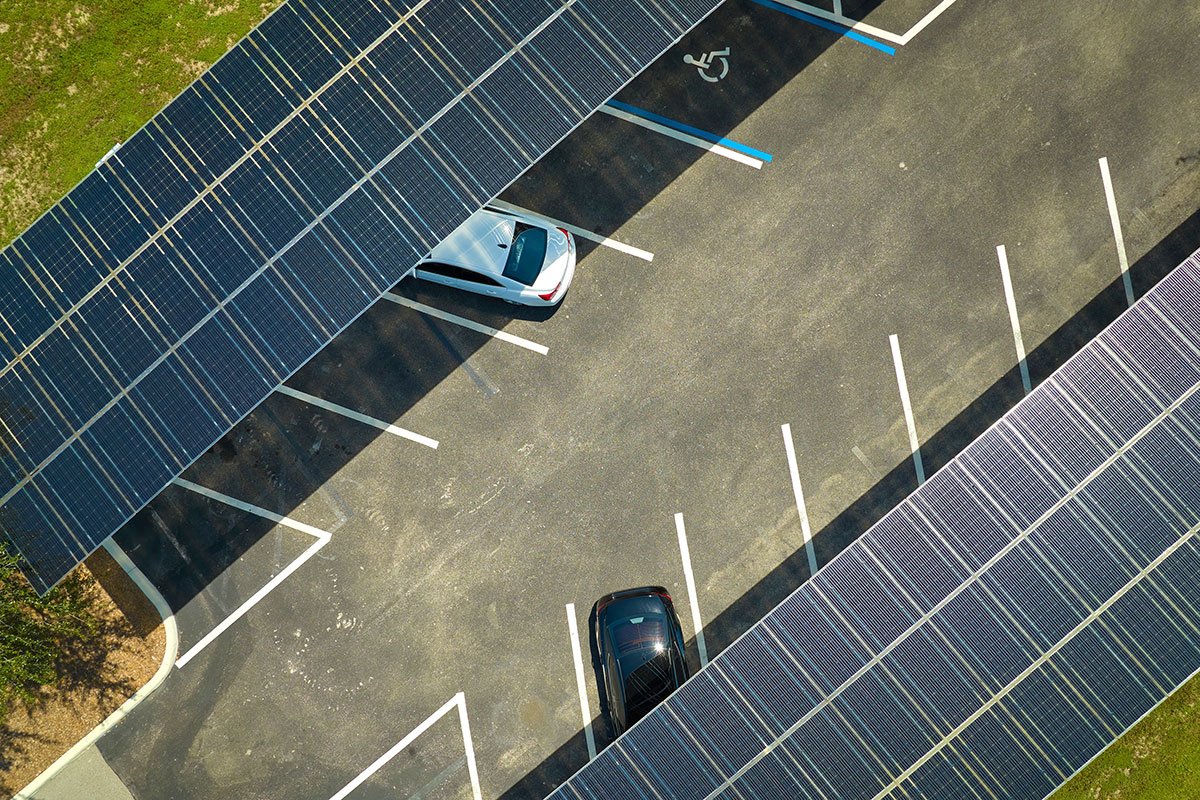
The SRESS will run until 2030, with tariffs to be kept under review during that period to ensure that they align with project development costs, and don’t adversely affect energy affordability for households and businesses.
The terms and conditions for the scheme will be finalised in the coming months, with applications opening later in the year.
Phase 1 of the SRESS launched in July 2023, offering grant support for renewable energy self-consumption developments up to 1MW in scale through the Non-Domestic Microgen Scheme and the Business Grants and Supports Scheme.
Renewable self-consumption refers to energy generated on a premises for that premises’ own consumption, where the excess power can also be stored or sold back to the grid.
The SRESS has encouraged a massive growth of rooftop solar projects with 980 applications approved to date, with committed costs of €17.6 million. This represents 88MW of mostly solar energy capacity.
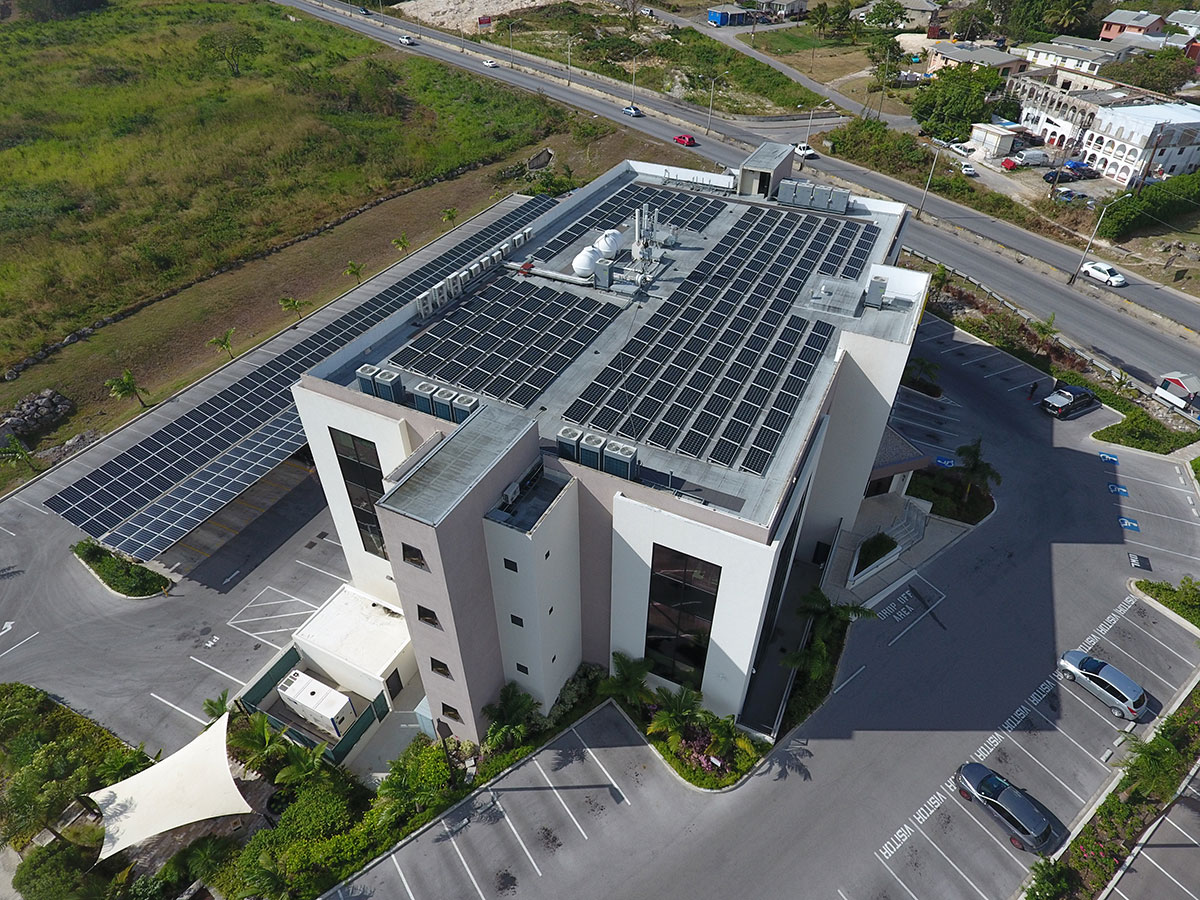
In addition, export-only projects, renewable electricity generation projects which are not renewable self-consumers, below 1 MW will also be supported under Phase 2 of the scheme
Minister for the Environment, Climate and Communications, Eamon Ryan, said, “SRESS is a key building block of the government’s solar strategy and forms part of our comprehensive enabling framework for renewables self-consumers.”
“Through my department’s continued engagement with Renewable Energy Communities, it became evident that they were facing significant challenges with the competitive, auction-based nature of RESS, along with grid and other barriers to project delivery.”
“To alleviate these issues, SRESS has been designed with the aim to provide an easier route to market for community projects and will align more closely to the experience and capacity of the community energy sector.”
“SRESS will also enable farmers, businesses and others to maximise their participation in the energy transition,” Minister Ryan said.
Ireland has set a goal of achieving 80% renewable electricity by 2030, which includes 8GW of solar PV and 500MW of community energy over the same period.
Author:

Briain Kelly
RENEWABLE ENERGY RESEARCHER
Briain Kelly is a Leinster based journalist and content creator who has been writing about energy efficiency and renewable energy technologies for nearly three years. He researches the latest news in multiple areas related to solar power, electric vehicles, heat pumps, and home energy upgrades. His writing includes both technological developments and government policy.
Author:

Briain Kelly
Renewable Energy Researcher
Briain Kelly is a Leinster based journalist and content creator who has been writing about energy efficiency and renewable energy technologies for nearly three years. He researches the latest news in multiple areas related to solar power, electric vehicles, heat pumps, and home energy upgrades. His writing includes both technological developments and government policy.
New Support Scheme to benefit Small-Scale Solar Power Producers
Written by
Briain Kelly
Last edited
27/07/2024
Smaller scale solar producers such as community groups and businesses are set to receive greater financial incentives under new government plans.
The second phase of the Small-Scale Renewable Electricity Support Scheme (SRESS) offers more lucrative export prices for solar and wind energy schemes between 50kW and 6MW.
This is the third leg of government support for solar energy projects exporting power to the grid, sitting between the Microgeneration Support Scheme (residential scale) and the Renewable Electricity Support Scheme (utility scale).
Fixed tariffs will be set for community groups and SMEs exporting solar and wind power to the grid under the SRESS across six categories, three for community groups and three for SMEs.
The government has said that grid scale community solar projects will receive the greatest support under the scheme, with a fixed tariff which will be 20% higher than what they received in the most recent RESS auction in 2022.
Supporting Renewable Energy in the Community
James Dorrian, Managing Director of EnergyEfficiency.ie said, “Smale scale solar projects such as are being supported under this scheme play a crucial role in moving Ireland towards a zero carbon energy sector.”
“These solar projects in communities or large businesses have the potential to deliver more energy for the local area than is possible through household microgeneration, while also being quicker, simpler, and cheaper to get up and running than utility scale solar farms”.

The SRESS will run until 2030, with tariffs to be kept under review during that period to ensure that they align with project development costs, and don’t adversely affect energy affordability for households and businesses.
The terms and conditions for the scheme will be finalised in the coming months, with applications opening later in the year.
Phase 1 of the SRESS launched in July 2023, offering grant support for renewable energy self-consumption developments up to 1MW in scale through the Non-Domestic Microgen Scheme and the Business Grants and Supports Scheme.
Renewable self-consumption refers to energy generated on a premises for that premises’ own consumption, where the excess power can also be stored or sold back to the grid.
The SRESS has encouraged a massive growth of rooftop solar projects with 980 applications approved to date, with committed costs of €17.6 million. This represents 88MW of mostly solar energy capacity.

In addition, export-only projects, renewable electricity generation projects which are not renewable self-consumers, below 1 MW will also be supported under Phase 2 of the scheme
Minister for the Environment, Climate and Communications, Eamon Ryan, said, “SRESS is a key building block of the government’s solar strategy and forms part of our comprehensive enabling framework for renewables self-consumers.”
“Through my department’s continued engagement with Renewable Energy Communities, it became evident that they were facing significant challenges with the competitive, auction-based nature of RESS, along with grid and other barriers to project delivery.”
“To alleviate these issues, SRESS has been designed with the aim to provide an easier route to market for community projects and will align more closely to the experience and capacity of the community energy sector.”
“SRESS will also enable farmers, businesses and others to maximise their participation in the energy transition,” Minister Ryan said.
Ireland has set a goal of achieving 80% renewable electricity by 2030, which includes 8GW of solar PV and 500MW of community energy over the same period.
Author:

Briain Kelly
RENEWABLE ENERGY RESEARCHER
Briain Kelly is a Leinster based journalist and content creator who has been writing about energy efficiency and renewable energy technologies for nearly three years. He researches the latest news in multiple areas related to solar power, electric vehicles, heat pumps, and home energy upgrades. His writing includes both technological developments and government policy.
Author:

Briain Kelly
Renewable Energy Researcher
Briain Kelly is a Leinster based journalist and content creator who has been writing about energy efficiency and renewable energy technologies for nearly three years. He researches the latest news in multiple areas related to solar power, electric vehicles, heat pumps, and home energy upgrades. His writing includes both technological developments and government policy.

